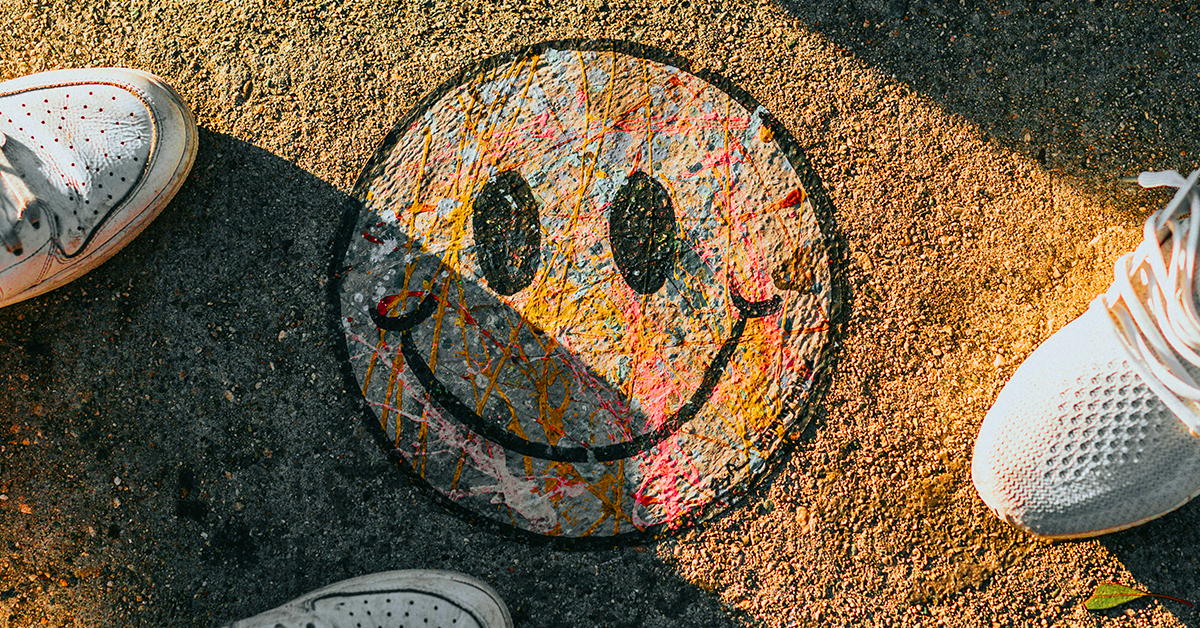Tag: problem solving
-

How to Make Better UX Decisions Using Opportunity Cost
PRO INSIGHT Decision making is an overlooked skill for UX Designers. Not only do good decisions lead to better results. They also help us build momentum, keep pace, earn trust, and meet our deadlines. But we’re often faced with decisions that don’t have a clear ‘best’ answer. Or we don’t have all the data we…
-

7 UX Design Habits That Lead to Exponential Career Growth
PRO INSIGHT The best investment you will ever make is in yourself. This means that your career is one of your most important projects. It’s through this career that you’ll create value, have an impact, and realize your potential. (And support yourself and your family.) Most of us focus on our jobs, we take one…
-

How To Build Trust Through UX Design
PRO INSIGHT We all know that Psychology is an important part of UX Design. But usually we mean heuristics and biases that help people complete tasks and navigate interfaces. But that’s only half the job. The other half is about building relationships. And in order to build relationships we need to build trust and rapport.…
-

7 UX Strategy Mistakes Junior UX Designers Make
PRO INSIGHT Junior UX Designers may not be responsible for the UX Strategy, but they’ll improve their design decisions by having all of the necessary context. It’s easy for leads and managers to fail to communicate these important details. So as a junior designer, you can help to improve the UX Strategy just by showing…
-

7 First Principles Thinking Exercises For UX Designers
PRO INSIGHT Design Thinking is an incredible tool for identifying and solving complex human problems. But First Principles Thinking is an approach to logical reasoning that will pay dividends in all areas of life. Especially in solving complex technical problems, where a systematic analysis is really the only way to find a solution. The designer…
-

How To Use ChatGPT For First Principles Thinking In UX
PRO INSIGHT Chat GPT shouldn’t replace our own analysis and evaluation. But it can act as an assistant to expand our ideas, challenge us, and encourage us to think logically. In that sense, it’s like a super power. But the power comes from the combination of Human and Ai. Not from abdicating completely. If you…
-

7 Rules Of UX Design You Should Break Right Now
PRO INSIGHT Ever felt too constrained by UX best practices and conventions? Well the good news is, that while these are useful constructs, you don’t always need to follow them. Once you’ve got a good amount of experience, you should start to get a sense of why the rules exist in the first place. And…
-

How To Use First Principles Thinking For UX Designers
PRO INSIGHT In order for UX Designers to become UX Design Leaders, they must develop their thought leadership skills. One of the best ways to do that, is to practice First Principles Thinking. By reducing a problem down to it’s component parts and challenging assumptions, you gain a clarity that allows you to develop innovative…
-

7 Design Thinking Exercises You Should Do Every Day
These seven exercises will help you maintain and improve your design thinking skills. They’ll stretch your creativity, deepen your empathy, and keep your problem-solving skills sharp. 1. Start with a Question Begin each day with a “How might we…” question related to a current project or a design problem you’ve been pondering. For example, “How…
-

10 Ways To Quickly Find UX Issues In Your Project
Discovering and resolving user experience (UX) problems early can save time, resources, and enhance user satisfaction significantly. But how do you quickly spot these hidden gremlins lurking in your designs? Here are ten quick-fire techniques to uncover and fix potential UX issues before they escalate. 1. The Inversion Method Flip your objectives on their head.…
-

Systems Thinking For UX Designers: A Quick Beginners Guide
Systems thinking is an approach to problem-solving that views problems as parts of an overall system, rather than reacting to specific parts, outcomes, or events. It’s about understanding the complex interactions and relationships between the system’s components to predict how changes in one part of the system might affect the whole. In UX design, this…
